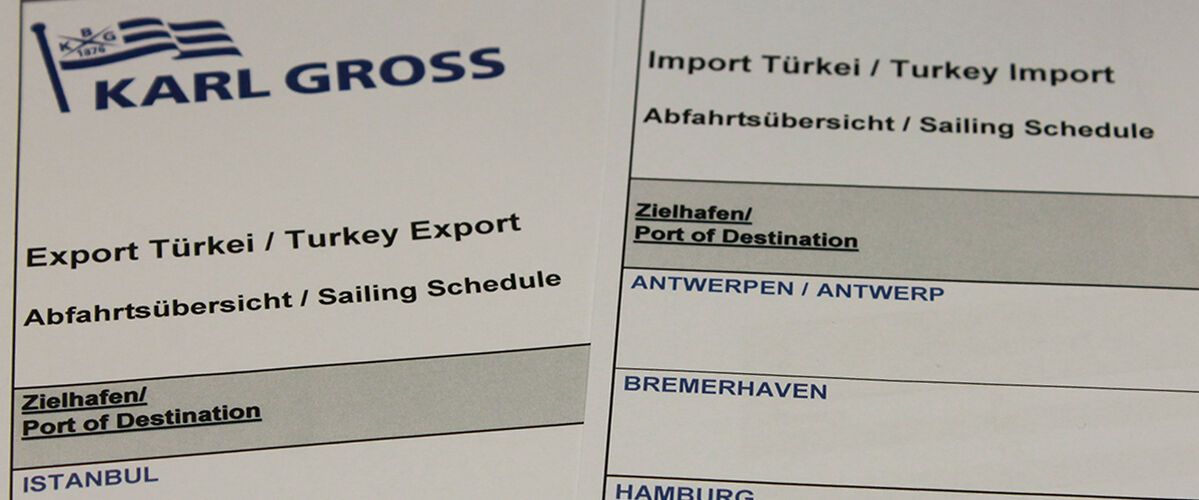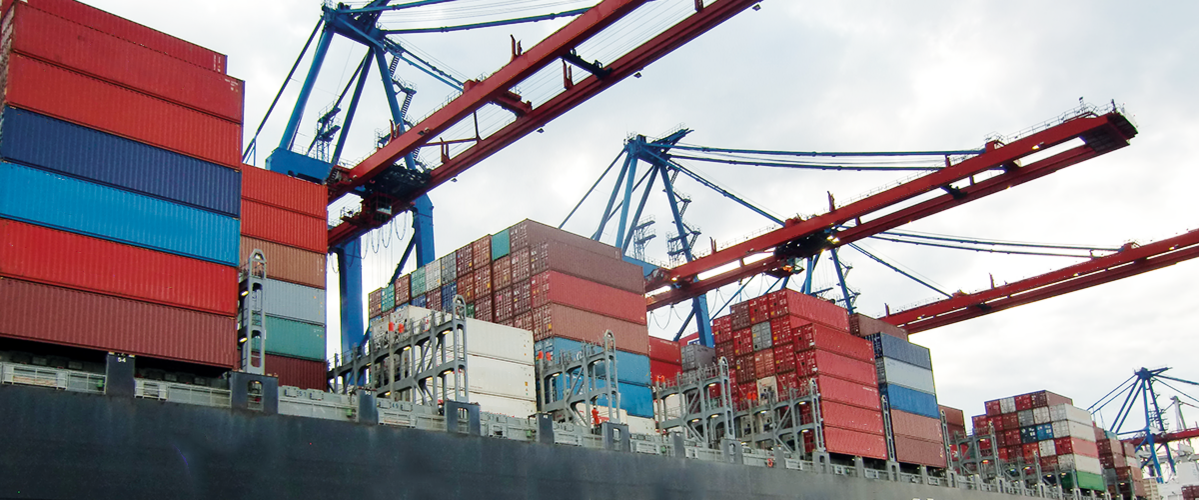Delays in ocean freight transportation via container can have different causes. A classic example is a delay in customs clearance in the country of destination. Such delays usually involve additional costs that generally cannot be calculated (in detail) beforehand. Demurrage and detention are among these. Both are surcharges that can occur because of delayed pick up at the port and delays e.g. during on-carriage.
Demurrage
Demurrage is a fee that occurs when a container is discharged from a vessel but is not picked up from the port or terminal area within a certain period of time. As it is understood that a container generally cannot be picked up directly after discharge, there is usually a certain time period which is called ‘demurrage free time’ during which no extra charges are raised. The timespan can vary depending on the country of destination. Three to five days is a rough rule of the thumb. After expiration of this free-time period, a fee is charged per container and day.
To optimize customs clearance processes, we take care for special permits at an early stage.
A critical factor regarding demurrage is the duration of the import customs clearance process because goods are usually customs cleared while still in the port/on the terminal. The requirements for customs clearance also differ from country to country. As experienced ocean freight forwarders we are familiar with the different conditions at international seaports and know about the country-specific requirements for customs clearance. This also includes considering, which types of goods require special permits. We take care of the necessary preparational measures at an early stage to optimize the customs clearance processes.
Spotlight on container delivery to the port:
A fee does not only occur when a container is picked up too late from the port or terminal area. It can also be charged when a container is delivered too early within the export handling process.
Demurrage vs. Storage Fee:
As “demurrage” only covers the costs for container rental from the shipping company, a local storage fee is – in most cases – charged additionally.
And what is “Detention”?!
After a container is discharged from a ship, there is only a certain period of time allowed until when the container itself has to be given back to the care of the shipping company. No extra charges occur during this so called ‘detention free-time.
However, the time needed for performing the on-carriage to the consignee and for returning the empty container depends on various factors such as the country of destination. For example, not all countries have empty depots for containers in the hinterland. An example for this is Egypt. In Egypt, a container has to be taken back all the way back to the port after discharging goods at the delivery destination. If there are several hundreds of kilometers distance between port and consignee, it takes thorough planning to avoid detention charges. Apart from the distance between the port of discharge and the final place of delivery, the specific infrastructure of a country is another factor that needs to be considered as it affects the on-carriage time. What is the connection between port and hinterland like and are there any detours that need to be planned because of certain road conditions are crucial issues in this regard.





